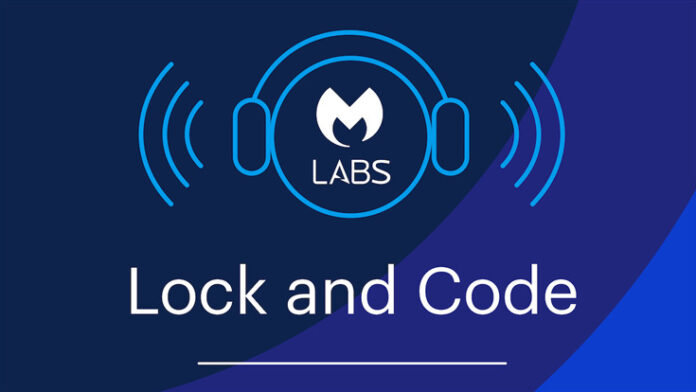[ad_1]
This week on Lock and Code, we speak with Matthew Guargilia about the NSA’s broad powers to sweep up Americans’ emails, DMs, messages, and all manner of digital communications.
In the United States, when the police want to conduct a search on a suspected criminal, they must first obtain a search warrant. It is one of the foundational rights given to US persons under the Constitution, and a concept that has helped create the very idea of a right to privacy at home and online.
But sometimes, individualized warrants are never issued, never asked for, never really needed, depending on which government agency is conducting the surveillance, and for what reason. Every year, countless emails, social media DMs, and likely mobile messages are swept up by the US National Security Agency—even if those communications involve a US person—without any significant warrant requirement. Those digital communications can be searched by the FBI. The information the FBI gleans from those searches can be used can be used to prosecute Americans for crimes. And when the NSA or FBI make mistakes—which they do—there is little oversight.
This is surveillance under a law and authority called Section 702 of the FISA Amendments Act.
The law and the regime it has enabled are opaque. There are definitions for “collection” of digital communications, for “queries” and “batch queries,” rules for which government agency can ask for what type of intelligence, references to types of searches that were allegedly ended several years ago, “programs” that determine how the NSA grabs digital communications—by requesting them from companies or by directly tapping into the very cables that carry the Internet across the globe—and an entire, secret court that, only has rarely released its opinions to the public.
Today, on the Lock and Code podcast, with host David Ruiz, we speak with Electronic Frontier Foundation Senior Policy Analyst Matthew Guariglia about what the NSA can grab online, whether its agents can read that information and who they can share it with, and how a database that was ostensibly created to monitor foreign intelligence operations became a tool for investigating Americans at home.
As Guariglia explains:
“In the United States, if you collect any amount of data, eventually law enforcement will come for it, and this includes data that is collected by intelligence communities.”
Tune in today.
You can also find us on Apple Podcasts, Spotify, and Google Podcasts, plus whatever preferred podcast platform you use.
Show notes and credits:
Intro Music: “Spellbound” by Kevin MacLeod (incompetech.com)
Licensed under Creative Commons: By Attribution 4.0 License
http://creativecommons.org/licenses/by/4.0/
Outro Music: “Good God” by Wowa (unminus.com)
[ad_2]
Source link
